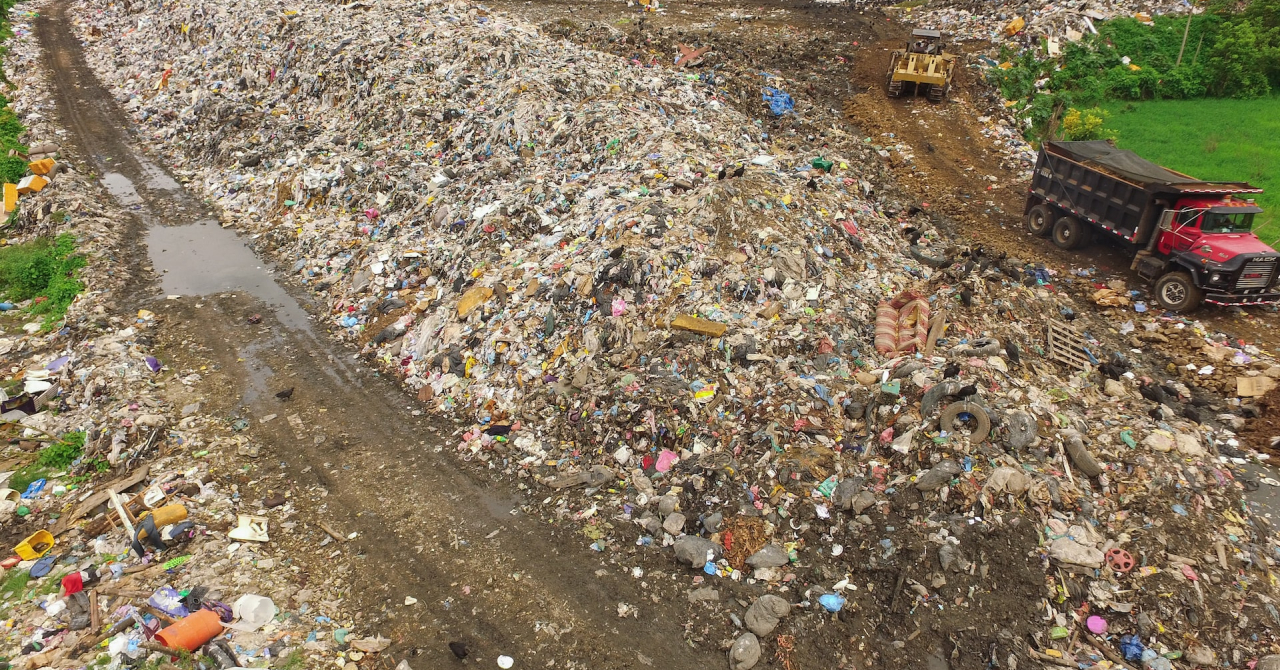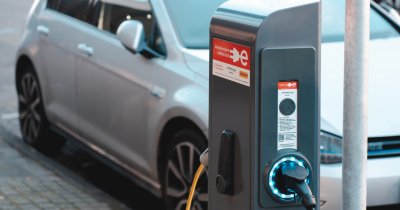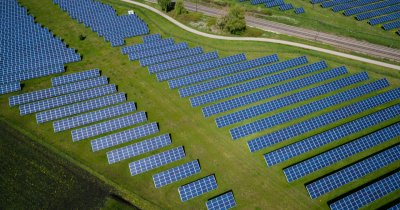In contrast, the amount of waste for disposal decreased (from 1,027 million tonnes in 2004 to 808 million tonnes in 2020).
This means that the share of disposal in total waste treatment decreased to less than half (from 54% in 2004 to 45% in 2020).
The management and disposal of waste can have serious environmental impacts. Therefore, the EU aims to reduce the environmental and health impacts of waste and improve resource efficiency.
Waste, defined by Directive 2008/98/EC Article 3(1) as ‘any substance or object which the holder discards or intends or is required to discard‘, potentially represents an enormous loss of resources in the form of both materials and energy. In addition, the management and disposal of waste can have serious environmental impacts. Landfill, for example, takes up land space and may cause air, water and soil pollution, while incineration may result in emissions of air pollutants.
EU waste management policies therefore aim to reduce the environmental and health impacts of waste and to improve the EU’s resource efficiency. The long-term aim of these policies is to reduce the amount of waste generated and when waste generation is unavoidable to promote it as a resource and achieve higher levels of recycling and the safe disposal of waste.
According to the data presented by Eurostat, 4.8 tonnes of waste were generated per EU inhabitant in 2020. At the same time, 39.2 % of waste were recycled and 31.3 % landfilled in the EU in 2020.
In total, some 2 029 million tonnes of waste were treated in the EU in 2020. More than half (60%) was treated in recovery operations: recycling (39% of total treated waste), backfilling (15%) or energy recovery (6%). The remaining 40% was either landfilled (31%), incinerated without energy recovery (1%) or disposed of otherwise (8%).
Significant differences could be observed among the EU Member States regarding the use they made of these various treatment methods.
Very high recycling rates were recorded in Italy (83%), Belgium (74%), Slovakia and Latvia (both 64%). On the other hand, disposal via landfill and other was the prevailing treatment category for other countries: Romania (93% landfill, 5% recycling), Bulgaria (92% landfill, 8% recycling) and Finland (84% landfill - 10% recycling).
You can find out more information on the waste statistics released by Eurostat here.
 Oana Coșman
Oana Coșman












Any thoughts?